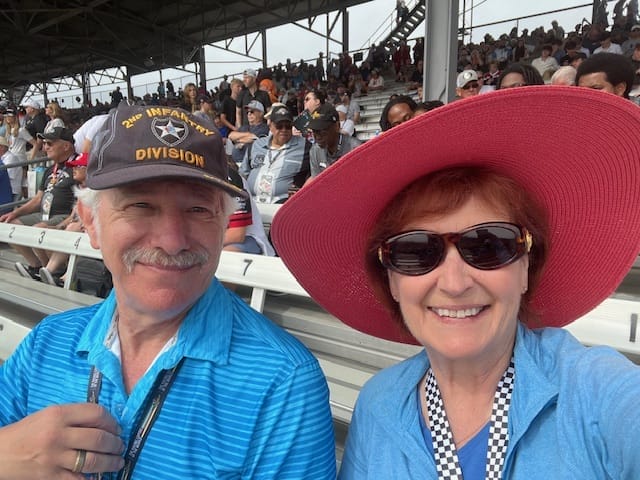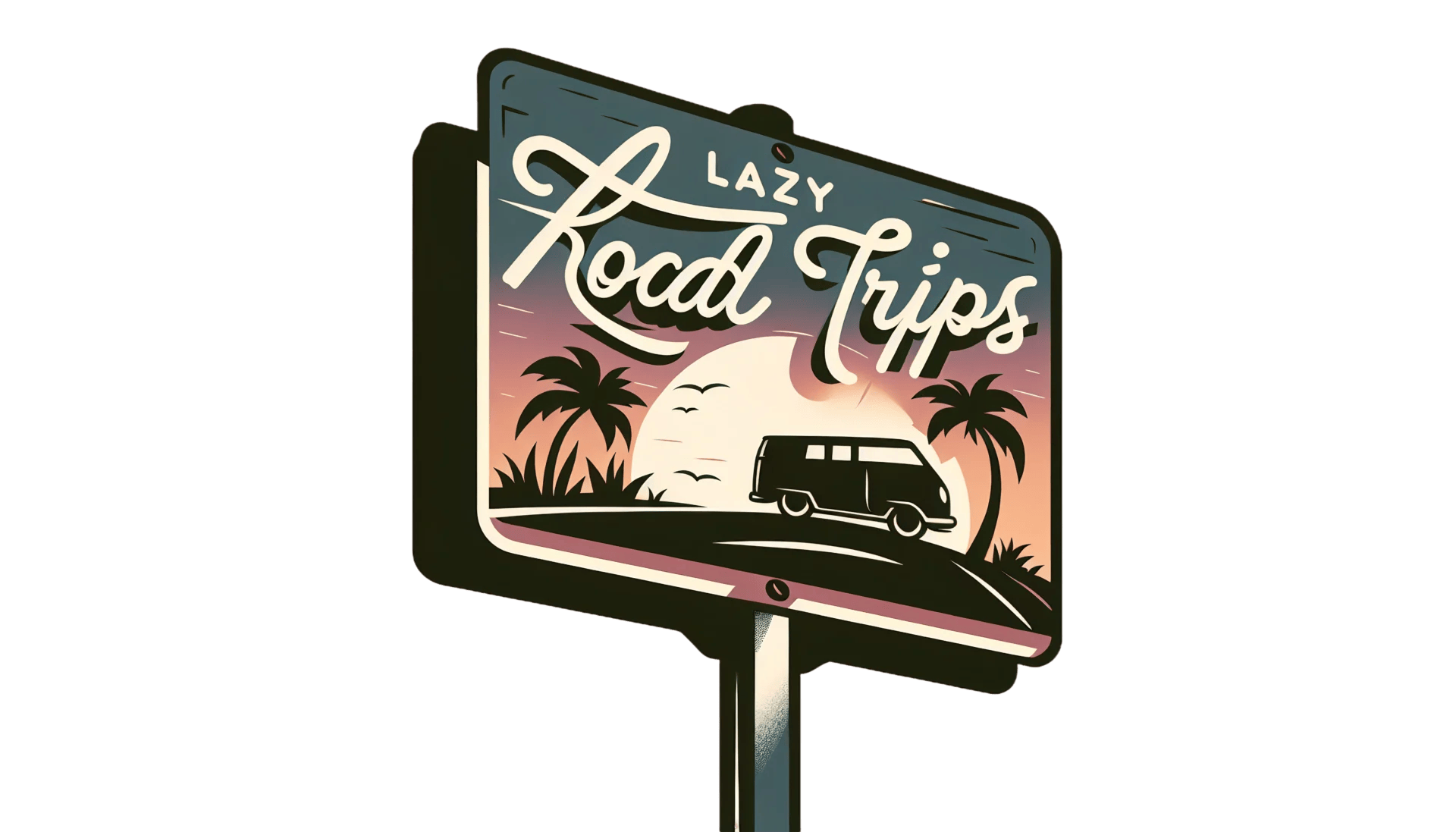American living keeps shifting, and lately, something interesting’s happening: more folks than ever are moving into RVs. People want freedom, flexibility, and a simpler way of life.
High housing costs, remote work, and a craving for adventure are all pushing this movement. There’s something undeniably appealing about waking up somewhere new, isn’t there?
The Rise of RV Living
Recently, a lot more Americans have decided to try RV living. The RV Industry Association even reported a big jump in RV sales and rentals.
This isn’t just a passing fad. It’s a real shift in how people think about home and what’s possible.
For many, RV life means adventure and freedom—hard to argue with that. Why settle when you can roam?
What’s behind all this change?
- Affordability: With housing prices through the roof, RVs offer a way out for people who can’t or don’t want to buy a traditional home.
- Remote Work: The pandemic made remote jobs the norm, so people aren’t stuck in one place anymore.
- Adventure and Flexibility: Traveling with your home in tow—it’s a big draw for anyone restless or curious.
Affordability: A Key Driver
Affordability stands out as a huge reason people are ditching houses for RVs. Housing costs just keep climbing, and that’s left a lot of folks priced out.
With an RV, you can actually own your space without a crushing mortgage. Plus, utilities and upkeep usually cost less, which is a relief for anyone counting pennies.
The Remote Work Revolution
Remote work has completely changed the game for RV living. When you don’t have to clock in at a specific place, the road starts to look pretty tempting.
People are realizing they can travel and still keep their jobs. That freedom is hard to beat, honestly.
Embracing a Minimalist Lifestyle
Minimalism is another big piece of the puzzle. So many of us are weighed down by stuff we don’t need, and RV living forces you to pare things down.
Downsizing can feel freeing. It lets you focus on the things that actually matter—like people, adventures, and maybe even a little personal growth.
Living in a smaller space also means you use resources more efficiently. It’s a bit greener, too, which is a nice bonus.
Community and Connection
You might think RV life is lonely, but that’s not always true. RV parks and campgrounds often turn into little communities where people connect and swap stories.
There’s something special about finding friends on the road. It can be surprising, but it’s a real perk.
Challenges and Considerations
Of course, RV living isn’t all sunsets and open roads. There are a few bumps along the way:
- Space Constraints: Getting used to less space can be tough, especially at first.
- Maintenance: RVs need regular attention to stay in good shape, and that can get old fast.
- Connectivity: Internet access is spotty in some places, so working remotely can be hit or miss.
The Future of RV Living
RV living’s popularity keeps climbing, and it doesn’t look like it’s slowing down. The mix of affordability, flexibility, and adventure is just too tempting for a lot of people.
RV technology and design keep getting better, too. We’re seeing eco-friendly models and smart features that make life on the road easier and more comfortable.
Who knows what’ll happen next? But it seems like RV living is only going to get more interesting from here.
Conclusion
More Americans are choosing to live in RVs lately. It’s honestly wild how quickly the idea is catching on.
People want affordable options, more freedom, and a shot at something different. RV living feels like it checks a lot of those boxes.
Some folks do it for the adventure. Others just want to break free from the old routine and try something new.
Curious about this trend? You can check out the details in the [source article](https://www.audacy.com/wwjnewsradio/news/national/more-americans-than-ever-are-living-in-rvs).

